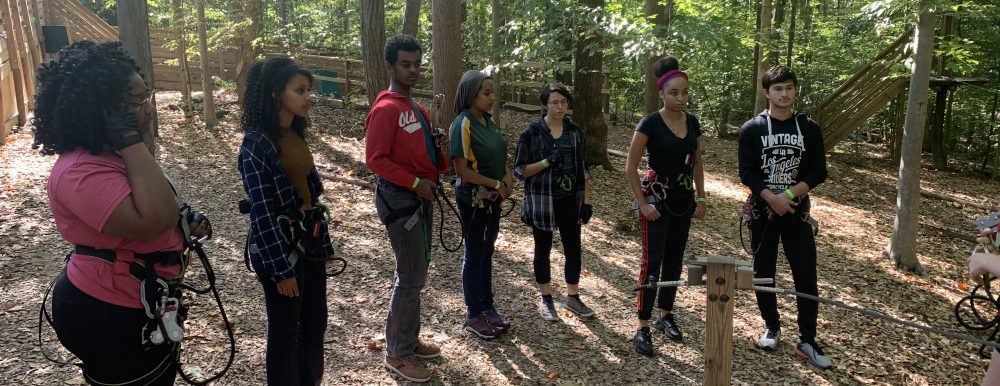“References available upon request” is a statement that can make or break your job offer. Here are 10 tips for assembling a successful reference list.
- Ask, don’t assume. Ask your references for permission to use their names. Confirm the following:
- Do the people you include as references actually want to give you a reference?
- Does their schedule permit time to discuss your qualifications?
- Most importantly, what kind of reference will they be? When it comes to references, neutral is the same as negative, so ask your contacts to be honest: Can the people you ask give you a positive recommendation?
- Let the professionals do the job. Potential supervisors are not interested in hearing friends or relatives talk about how nice you are. They want confirmation for their main objective: Are you going to deliver the duties of the job? Good reference sources include previous supervisors, co-workers, professors, or advisers. Think outside the box: If you voluntarily coordinated an organization’s fund-raising effort, the organization’s supervisor could be a great reference. It doesn’t matter that you weren’t paid.
- Avoid name dropping. A reference’s name or job title is insignificant compared to the information he or she will provide regarding your strengths and weaknesses. CEO may be a loftier title than supervisor; however, who can better attest to your abilities on a daily basis?
- Provide references with the appropriate tools. Give each reference a copy of your resume, so he or she has a complete picture of your background. Provide a description of the job to which you are applying. Knowing the duties and responsibilities ahead of time will prepare references for questions they may be asked and help them relate your experience to the potential job.
- Alert references to potential phone calls. Contact your references and tell them to anticipate a phone call or e-mail. Tell them the name of the company, and the position for which you interviewed. If you know the name of the person who will check your references, offer that information, too.
- Keep your references informed. Were you offered the job? If so, did you accept? When will you start?
- Thank your references. When you accept a job offer, take the time to write each of your references a thank-you note. They have played a valuable part in your receiving an offer.
- Keep in touch. Don’t end contact with your references. Send an e-mail, call or meet them for lunch on occasion. You never know when if and when you may need to call upon them to be references in the future.
- Update your list. Just like resumes become outdated, so do reference lists. As your career builds, keep your reference list up-to-date.
- Return the favor. Your references may have been the deciding factor in your job offer. When you are asked to be a reference, say yes.
Article written by Kelli Robinson. Courtesy of the National Association of Colleges and Employers.
